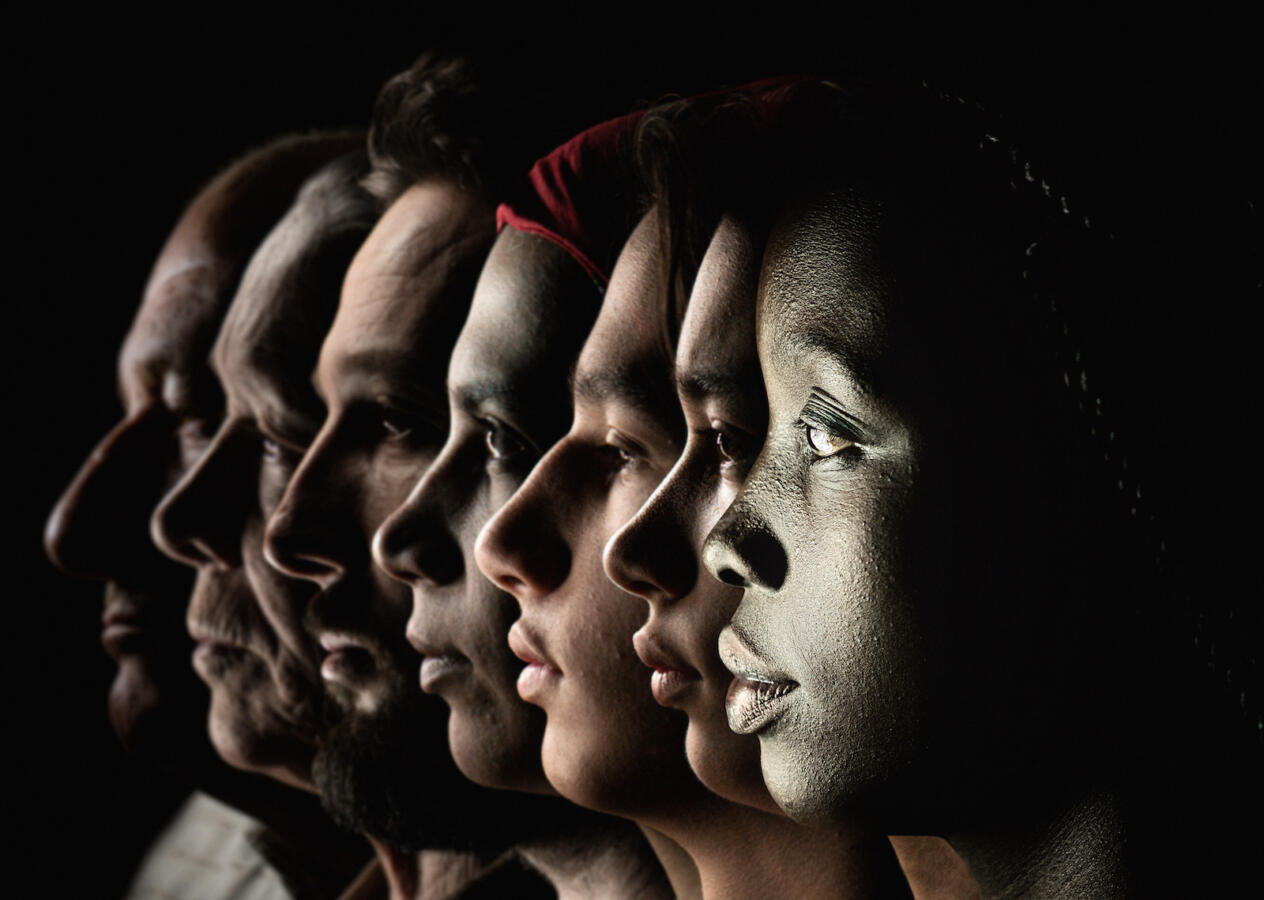The Torah offers us two very different understandings of the human purpose in the world.
In the first (Genesis 1:26-28), life on earth is described as flourishing and humans are something of a divine afterthought, created with no intrinsic purpose. God plops the first man and woman on earth and commands them to dominate and rule over other living things, which in fact require neither. Humanity essentially becomes the managerial class for a world that needs no managing.
Just a few verses later (Genesis 2:5-15), we find a very different description of the pre-human state of the world. It is barren of life because it lacks two things essential to its thriving: water and caretakers. God brings forth water from the ground and then fashions a human (adam) from the now damp and malleable earth (adamah), providing it with a purpose intrinsic to its nature: not to dominate and rule, but to “serve and protect.” The Hebrew word for serve, avodah, is the same word used for worship: to serve life is an act of sacred service, or what Genesis later calls “being a blessing to all the families of the earth.” One is a blessing when one acts for the welfare and thriving of all beings, human and otherwise.
These two stories reflect two different qualities of mind: mochin d’katnut (narrow mind), with its dualistic and dominance-driven worldview pitting “us” against “them” and person against planet, and mochin d’gadlut (spacious mind), a nondual and caretaking worldview of “all of us together,” where each life is seen as a unique and precious manifestation of God. Sadly, it is the former that now defines us and brings us into our current dark night where millions of us are at risk of death from climate change, social unrest, war, famine, drought, pandemics and an ever more fascistic and violent religious and political tribalism.
With your help, My Jewish Learning can provide endless opportunities for learning, connection and discovery.
If we are to survive this dark night, we must transition from narrow mind to spacious mind, from the mission of domination and control to the mission of protection and care, from the mindset of Genesis 1 to that of Genesis 2.
In the mid-20th century, the French Jewish philosopher Emmanuel Levinas taught that when you truly see the face of another — the face and not the masks we project onto the face — you are inwardly commanded to spare the other’s life. And I would add, treat the other justly, compassionately and with dignity. This command doesn’t come from God, but from the very act of seeing. Why? Because to see the face rather than the mask is to see through the eyes of mochin d’gadlut rather than mochin d’katnut.
While scholars are careful not to blend Levinas’s ethic of the face with the I-Thou teachings of his German Jewish contemporary Martin Buber, I am not so careful. For me, Buber offers a deepening of Levinas, since for Buber every face is not just the face of another but the Face of God, just as each wave of an ocean, while unique and distinct unto itself, is still and only the waving of the same ocean.
You might think seeing God’s Face is forbidden: “You cannot see My Face, for no one can see My Face and live,” we read in Exodus 33:20. Yet the psalmist hears God differently, commanding us to “Seek My Face!” (Psalm 27:8). I reconcile these texts this way: God is saying, “Seek My Face as every face, and when you see My Face as every face you cannot live as you did before. Before you felt free to rule over and dominate the other, but after you’ve seen My Face as every face, you can only engage the other with compassion, justice, and dignity.”
How do you move from face to Face? There are many Jewish practices that speak to this. I will share only one: shiviti.
The word shiviti means “I place” and comes from Psalm 16:8: shiviti YHVH l’negdi tamid. “I place the Divine before me always.” Placing the Divine before me means actively replacing the lens of narrow mind with the lens of spacious mind whenever you encounter another being and, in this way, seeing the Face of God manifesting as all beings.
Whenever you see another — human, animal, or plant — recite this line to yourself: I see this face as an expression of God’s Face. Reciting shiviti invites you to “be a blessing to all the families of the earth,” human and otherwise. While the specifics of being a blessing change from encounter to encounter, the practice of shiviti makes each encounter a holy opportunity to bring a bit of light into the dark night surrounding us.
This article initially appeared in My Jewish Learning’s Shabbat newsletter Recharge on September 3, 2022. To sign up to receive Recharge each week in your inbox, click here.



